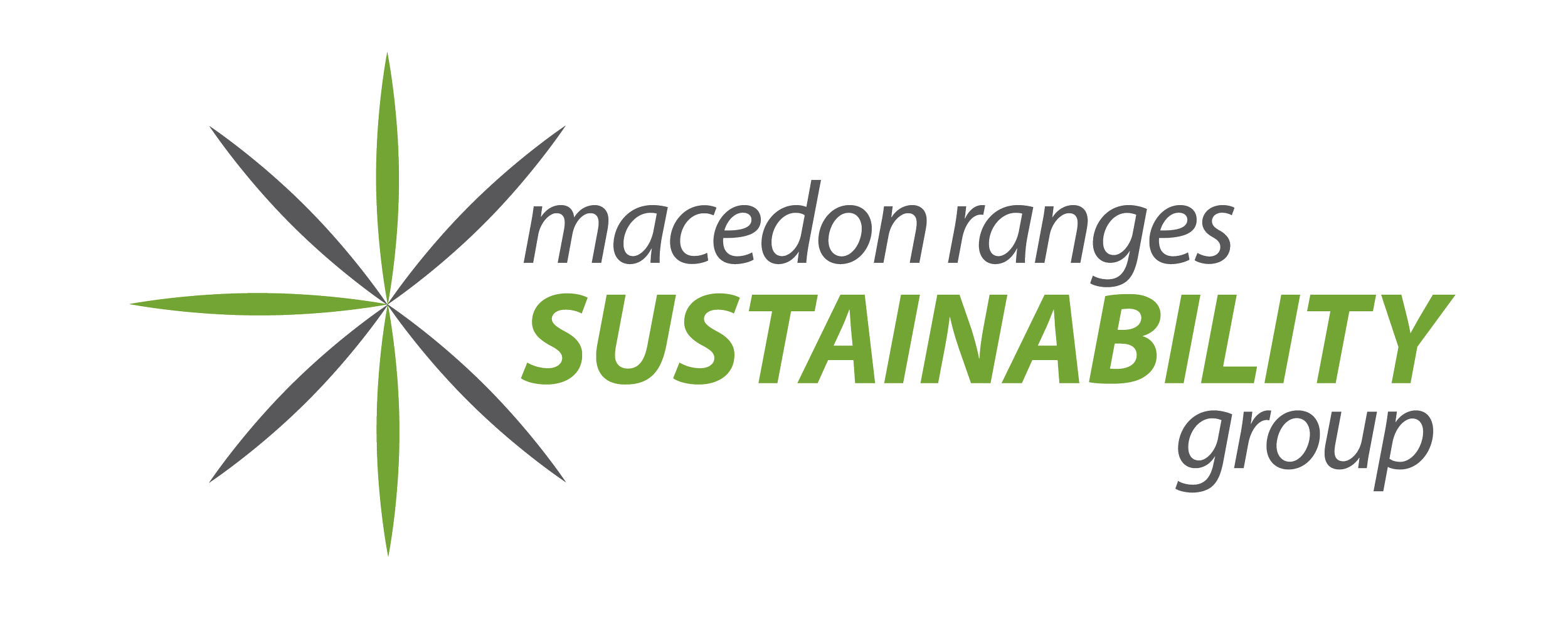Waste-Free and Sustainable Cleaning
Why do we clean our homes?
We clean our home to make it look and feel clean, healthy, serviceable and safe. It is good for our wellbeing. However, many chemical products sold on the market are poisonous or caustic, so we should be mindful of considering alternatives that are not harmful.
What is the problem with regular cleaners?
Regular cleaning products have a long list of chemicals many refined from petroleum and many highly toxic. Caustic oven cleaners are toxic chemicals and can burn your skin and harm your airways. Fragrances and perfumes added to products are particularly harmful to our health, as the chemicals are drawn deep into the lungs. Not to mention that almost all commercially available cleaning products come in plastic containers. So how do we keep our house clean, fresh, mould free and stop insect and spider invasions sustainably, without harsh cleaners and nasty chemicals?
How do we keep our house clean sustainably?
There are plenty of simple, long-lasting and concentrated ingredients which can be found easily in local shops. For instance, Woodend’s Natures Garden has natural dish washing liquid and other items in bulk, so you can refill the same container over and over. There are many recipes available online for home-made cleaning products. By avoiding the ranks of cleaners on supermarket shelves, you can reduce waste, avoid nasty chemicals, keep air clean and fresh, and prevent toxic waste going down the drain and into the water system.
Your best friends in the cleaning cupboard.
Bicarbonate of Soda is a great cleaning and deodorising natural agent which has multiple uses in and around the home. It can easily be bought in supermarkets (usually the baking products section) and natural health product stores. It usually comes in a cardboard box, or you can bulk buy and use a reusable container. White vinegar is a great deodoriser and steriliser that is likewise available in bulk. Bicarb Soda cleans surfaces and air, as well as deodorising and removing smells. You can put a small dish in the fridge to remove stale smells. When you combine white vinegar with Bicarb a chemical reaction occurs that has powerful cleaning abilities. It will remove lime scale deposits on sinks and dishwashers, bring back shine to chrome pots and pans or sterilize and remove stains on chopping boards and worktops. Bicarb and vinegar can unblock pipes, clean the oven, microwave, freezer, fridge, remove mould in the bathroom and even leave the toilet sparkling. If you sprinkle Bicarb onto mattresses and carpets, and vacuum up after 15 minutes, your beds and carpets will be fresher. To use, simply mix Bicarb Soda with a small amount of water to make a paste and away you go.
How do we purify air in our home?
Good ventilation is important – try opening windows to air the house every day if possible. Specific indoor plants such as spider plants or Chlorophytum comosum, date palms, Boston fern, bamboo palm, English ivy, peace lily, variegated snake plant or Gerbera will clean the air by removing toxins such as formaldehyde and xylene. Smudging (burning) natural dried sage has been scientifically proven to remove air-borne bacteria and you can even grow your own. Using natural, low-emission paints and finishes, avoiding new, foam-filled furniture and acrylic carpets will reduce airborne toxins in the home as well.
Microfibre Cleaning Cloths – good or bad?
The popularity and availability of microfibre cleaning cloths has made cleaning without chemicals very easy, but… their fine filaments are made from fossil fuels and they release plastic microfibres when washed which enter the water systems and the food chain. According to the website of Australian microfibre cleaning company ENJO, the volume of plastic microfibers released from washing resuable cleaning cloths is around 16g per year, equivalent to 7 grains of rice. When compared to the volume of plastics entering the waste stream from using commercial cleaning products, there is a clear argument for sticking with reusable cleaning cloths. Of course, you can always cut up old clothes to use as cleaning rags. Old cotton undies and t-shirts are particularly good for this purpose!
Dishwashers – a help or hindrance?
Contrary to what the manufacturers say about the efficiency of dishwashing machines, they use a fixed amount of water and are limited in their capacity to wash everything, so you still end up washing by hand and using more water to finish the job. Dishwashers also use power when in use, and have embodied energy in their manufacture. Disposing of a dishwasher at the end of its life is also a problem, as it becomes potentially toxic e-waste. Old-fashioned hand washing is the best. Don’t be upset – you’re saving the world dish by dish.
So what is the conclusion?
There are serious consequences to frequently using commercial cleaning products: more plastics in our over-loaded waste system, toxic chemicals that impact our health, and a high financial burden.
Try making your own products with cheap, natural ingredients. It’s easier than you think to quit commercial cleaning products, reduce plastic waste, avoid toxic chemicals and save money while you are saving the planet!
References and suggested reading:
Spotless 2 by Shannon Lush and Jennifer Fleming
Bicarbonate of Soda Expert Advice by Diane Sutherland
Poisoned Planet: how constant exposure to man-made chemicals is putting your life at risk by Julian Cribb
The Natural Home: tips, ideas & recipes for a sustainable life by Wendyl Nelson
The Handbook: Surviving and Living with Climate Change by Jane Rawson
Waste Not: Make a Big Difference by Throwing Away Less by Erin Rhoads (The Rogue Ginger)
